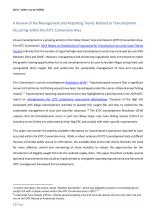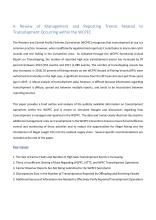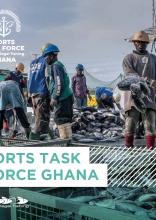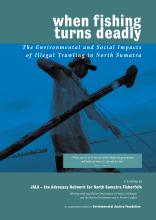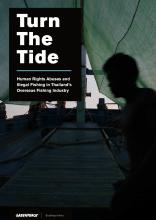A Review of Management and Reporting Trends Related to Transshipment Occurring within the IOTC Convention Area
The number of reported high-seas transshipment events in the Indian Ocean Tuna Commission (IOTC) Convention Area has increased by over 94% between 2014 and 2018. This growth in transshipment activity has not been met with equal management and monitoring regulations. The Commission implemented Resolution 18-06 requiring that all transshipments occur in port but allows large-scale tuna fishing vessels (LSTVs) to transship at sea if they are authorized by their flag CPC and comply with other specific requirements. However, this paper analyzes transshipment operations reported to have occurred within the IOTC Convention Area and finds that the resolution has flaws and that high-seas transshipment is increasing with insufficient monitoring and compliance. All of these problems are given a recommendation on how to address them.
Topic
Language
